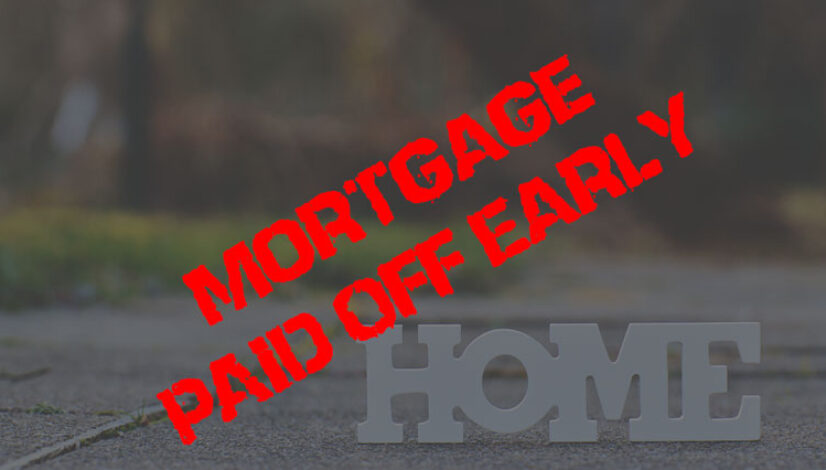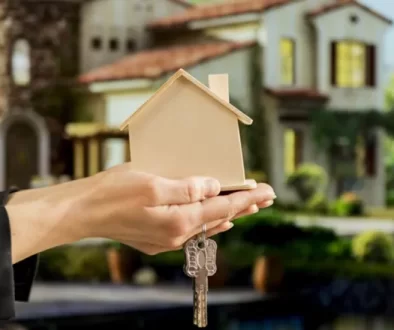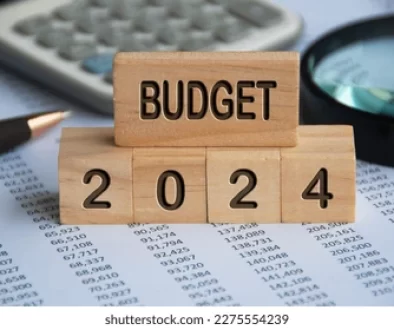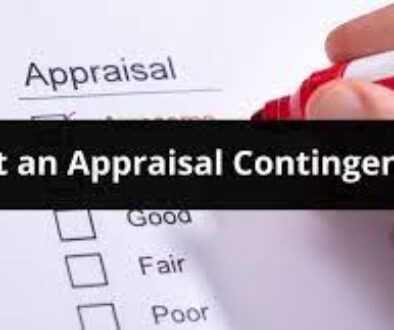Mortgage Pay off their Early
Paying Off Your Mortgage Early
Every time you make a mortgage payment, it’s split between your principal and interest. Most of your payment goes toward interest during the first few years of your loan. You owe less in interest as you pay down your principal, which is the amount of money you originally borrowed. At the end of your loan, a much larger percentage of your payment goes toward principal.
You can apply extra payments directly to the principal balance of your mortgage. Making additional principal payments reduces the amount of money you’ll pay interest on – before it can accrue. This can knock years off your mortgage term and save you thousands of dollars.
Let’s say you borrow $150,000 to buy a home at 6% interest with a 30-year term. By the time you pay off your loan, you’ll have paid a whopping $173,757.28 in interest. This is in addition to the $150,000 you initially borrowed.
Now, let’s say that you pay an extra $100 every month toward a loan with the exact same term, principal and interest rate. At the end of the term, you’ll have paid $128,170.57 total in interest. That’s $45,586.71 less than you would have paid if you didn’t make any extra payments. You’ll also pay your loan off 81 months earlier than you would if you only paid your premium each month.
Is It A Good Idea To Pay Off Your Mortgage Early?
Paying down your mortgage early reduces the amount that you’ll pay over time, but finance experts don’t agree that you should always focus on paying your loan off as soon as possible. Some believe that the average American should concentrate on investing rather than paying off their mortgage, early, putting that extra money into a retirement account or an investment fund. Others believe that it’s better to use the money that would have gone to extra payments to pay down other sources of debt.
The decision to pay off your mortgage early is a personal one that depends heavily upon your individual circumstances.
Is It Worth It To Pay Off Your Mortgage Early?
If you find yourself with a little extra cash at the end of the month, should you put it toward your mortgage loan or refinance to a shorter term? There’s no simple “yes” or “no” answer. There are both risks and benefits to paying off your loan early or switching loan terms, and the right decision will be different for everyone.
In this section, we’ll look at a few instances in which it makes sense to pay off your mortgage early – and when it doesn’t.
When Paying Off Your Mortgage Early Works
You might assume that you need to shell out hundreds of extra dollars each month to pay off your mortgage early. The truth is, even a very small monthly or one annual payment can make a major difference over the course of your loan.
Contributing just $50 extra a month can help you pay off your mortgage years ahead of schedule. You don’t need to find a way to earn an extra $10,000 a year to pay off your mortgage.
The best candidates for early mortgage payoffs are those who already have enough money to cover an emergency. You’ll want at least 3 – 6 months’ worth of household expenses in liquid cash before you focus on paying off your mortgage. This is because it’s much more difficult to take money out of your home than it is to withdraw money from a savings account.
When Making Minimum Monthly Mortgage Payments Works Better
It may not be a good idea to focus on paying off your mortgage early if you have other debt to worry about. Credit card debt, student loan debt and other types of loans often have higher interest rates than most mortgages. This means that they accrue interest faster.
You’ll save more money by paying these debts down than you would if you put all your money toward your mortgage. It’s best to sit down with your financial paperwork and compare interest rates of your other debts to your mortgage interest rate. If your other debts have a higher interest rate, you should pay them down first.
You also may want to avoid paying your loan off early if it carries a prepayment penalty. This is a fee your lender charges if you pay off your mortgage prematurely. Prepayment penalties are usually equal to a certain percentage you would have paid in interest.
This means that if you pay off your principal very early, you might end up paying the interest you would have paid anyway. Prepayment penalties usually expire a few years into the loan.
Consult your mortgage lender and ask about any prepayment penalties on your loan before you make a large extra payment. Prepayment penalties are also noted in your mortgage contract.
When Balancing Early Mortgage Repayment And Other Financial Responsibilities Works
While it’s possible to take cash out of your home equity with a refinance, this process takes time, which you may not have in an emergency. Make sure you have plenty of money set aside for emergencies before you put any extra toward your mortgage loan.
You may want to delay paying off your mortgage if you have another big expense coming up or you’d rather put money into your 401(k) or IRA. You might also want to consider diverting your extra money into a child’s college fund or into savings for an upcoming vacation or wedding.
How To Pay Off Your Mortgage Early: 3 Essential Tips
Think that paying off your mortgage early is right for you? Use these tips to own your home sooner.
- Switch To A Biweekly Payment Schedule
One easy way to pay off your mortgage sooner is to pay your loan on a biweekly basis instead of monthly. For example, if your monthly mortgage payment is $1,000, you’d pay $500 every 2 weeks instead of $1,000 at the end of the month.
Because there are 52 weeks in a year, following this schedule allows you to make 13 payments on your loan instead of the standard 12. This reduces your debt faster without making you feel strapped for cash.
- Commit To Making One Extra Payment A Year
The average American gets about $2,933 in their tax refund, according to the IRS. For most people, this is more than enough money to cover an extra mortgage payment every year.
You can put your tax refund to good use and make an extra mortgage payment if you’re financially able to. On a $150,000, 30-year loan with a 6% interest rate, a single extra payment every year will help you pay off your mortgage 4.5 years early, saving 56 months’ worth of payments.
- Refinance To A Shorter Loan
Have you built up a significant amount of equity in your home? If so, you may want to consider refinancing to a shorter term. Refinancing your mortgage allows you to save money on interest without worrying about penalties or scheduling extra payments. It also allows you to fully own your home much faster.
Keep in mind that refinancing your mortgage to a shorter term will increase your monthly payments.Do the maths and make sure you can cover the extra financial burden before you decide to refinance.
Early Mortgage Repayment FAQs
Let’s go over some of the most frequently asked questions regarding paying off a mortgage early.
Can I specify that I want my extra payment to go toward the principal balance?
Yes! Make sure you tell your lender that you want your payment to go toward your principal if you do make advance payments on your mortgage. Some mortgage lenders apply any extra payment you make toward your next monthly minimum. This won’t help you reduce the amount of interest you owe.
How do I know if I’ll have to pay a prepayment penalty for paying off my principal early?
You can find out if your mortgage loan carries a prepayment penalty if you look at your mortgage note or you can ask your lender. However, it’s important to know that not every mortgage has this penalty.
What if I make two extra mortgage payments a year?
If making an additional payment on top of what you’d already be paying extra through a biweekly schedule or committing to one annual extra payment is a feasible financial option for you, doing so can be a great way to gain full ownership of your home even faster.
However, you should only consider this option if it won’t put your ability to pay for your other financial responsibilities at risk.
Is paying off my mortgage early with lump-sum payments a good idea?
Deciding to reduce the amount you owe on your mortgage using a large lump-sum payment will depend on your personal situation. While your loan term technically remains the same when you do this, and while you won’t necessarily finish paying off your mortgage any earlier, your monthly payments will go down and the overall financial burden of the loan will be diminished.




